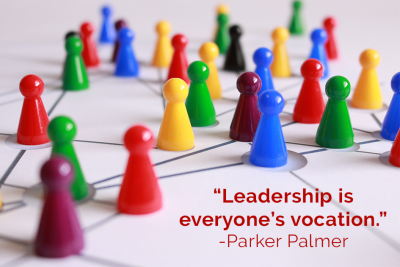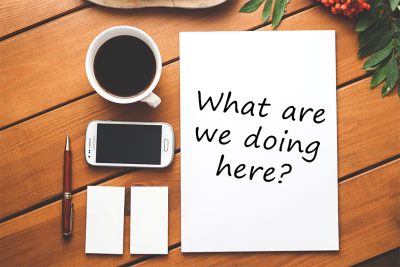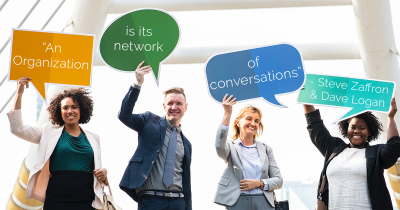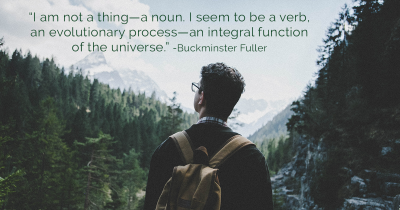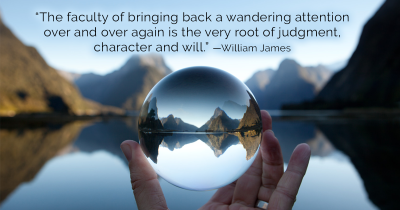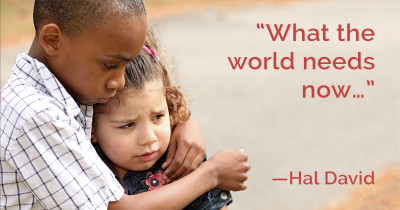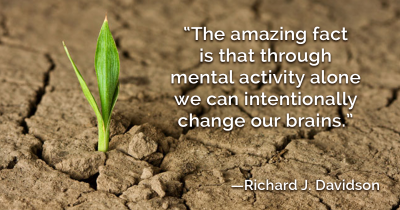Four Essential Questions: # 3 Who owns this place?
This is the third entry in a four-part series that explores four questions: (1) What are we doing here? (2) Who is leading? (3) Who owns this place? (4) Who belongs? Aftab Omer , President of Meridian University, shared these “archetypal” questions while we were planning the annual gathering of the Global Learning and Exchange Network (GLEN) with the founders of the GLEN, David Sibbet and Gisela Wendling, and fellow GLEN members Karen Buckley and FireHawk Hulin. Just as with the first two … Read more…


